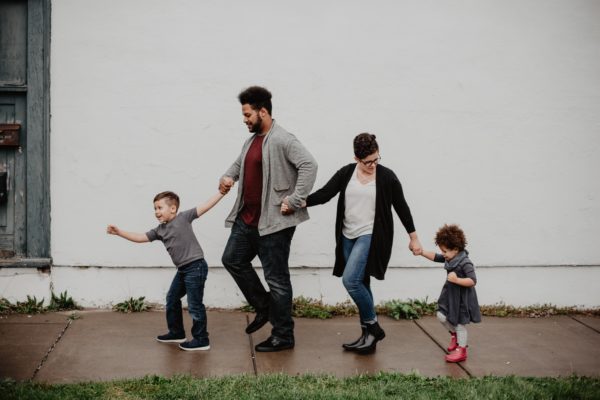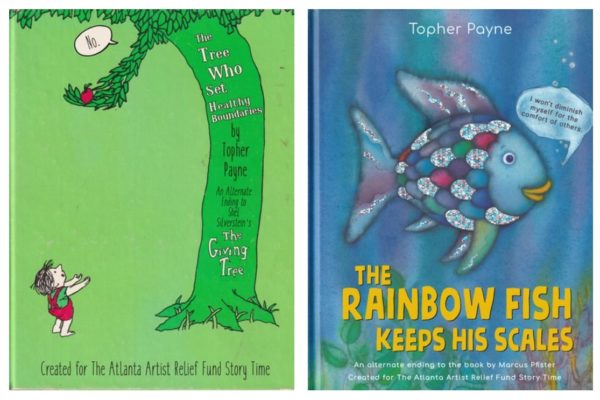When the family gathers, conversation ranges. There’s always someone – maybe grandpa or an uncle or your teen-aged son – who starts telling jokes. Some funny! Some not. Some about sex. Some downright offensive.
Can’t take a joke?
My clients have been wrestling with this lately. What do you do about inappropriate jokes? What do we teach our kids to do when they’re uncomfortable?
First of all, let me assure you that this isn’t much ado over nothing. If you’re uncomfortable, that’s all there is to say. You intuitively know that this isn’t healthy, and you’re right: here’s a study that specifically tested whether sexist jokes resulted in greater discrimination. It did.
You feel your boundaries crossed. The next step is to take action, not go passive. What’s the best way to confront?
Defending your boundaries
I suggest a quick confrontation and then move on quickly. As in, ““Aww, that’s not cool…So what present did you decide to get grandma?” Aim for a warm and indulgent tone, not cold and judgy.
Moving on quickly is key. If you pause, the person you’re confronting will be unsure how to respond. Maybe you’re offended? Maybe you’re waiting for them to apologize? They don’t know how to recover and might get defensive. Redirecting with a new topic lessens the impact. You’ve batted away the comment and preserved the relationship.
Boys especially
This is a key skill for our boys. They will hear the “locker room talk,” and an uncomfortable laugh is still a laugh. The jokester counts it as a win.
Hearing just one dissenting voice liberates the group. There might be several people who are uncomfortable, all wondering if they’re “oversensitive”, which inhibits them from taking action.
Studies show that the social courage is contagious. After one person speaks up, others become willing to confront as well. That’s leadership!
Let you boy know that this is the path to being his group’s moral leader. It wins respect and status.
Not only that, it sets the standard for our families and social circle. There’s no reason you have to suffer through uncomfortable sexist or racist jokes. Have courage and confront gently. Help your loved ones shift and grow so there’s more love and less yuck.
In support of you,
Anya
P.S. This confrontation skill is just a piece of the Boundaries work I do with my clients. If you’re interested in learning to have better boundaries yourself, or how you can teach boundaries skills to your kids, consider joining the group coaching program or online course in 2019.









3 Comments. Leave new
Thank you for posting this. Appreciate the explanation and actionable steps!
Thank you for this post! It sparked a conversation with my family. My 16yo said when someone says something in her presence that offends her, she asks, “What do you mean?” And, inevitably, as the person starts to explain, they realize how inappropriate their comment might be. I’m gonna have to try that!
I love that! It often works, and I’d definitely try it with someone I knew wasn’t actually racist or sexist. Because if they don’t recognize what’s wrong, that person might try to pin it on me, saying I’m uptight, “It’s just a joke,” etc. With someone who’s heart is in the right place, you can confront simply by asking them to repeat it, and then, if needed, saying something like, “I was surprised, because that doesn’t match the person I know you to be.”